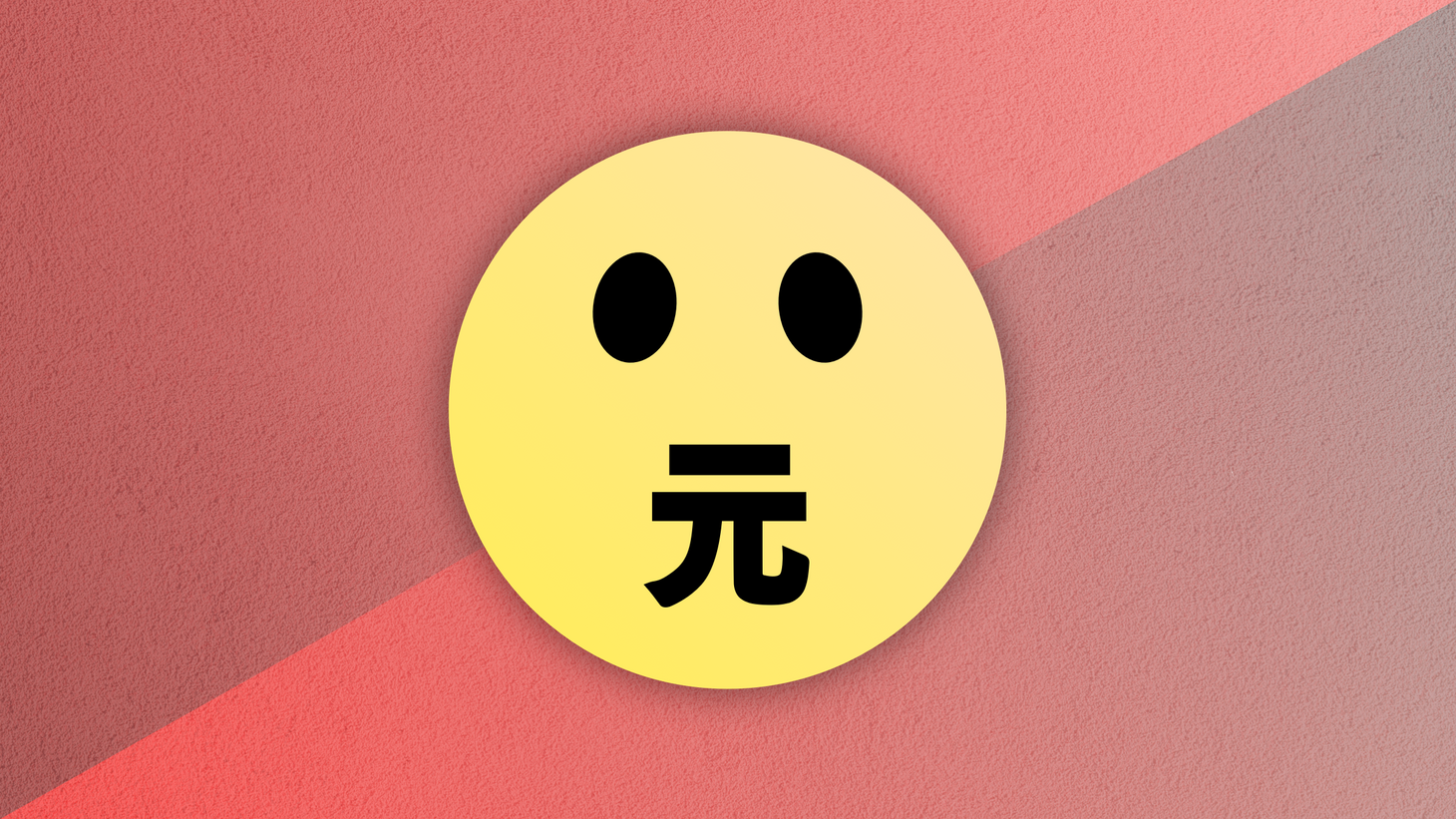My Enemy's Money is My Friend
A world in which information flows freely is much more dangerous for tyrants than it is for America. And the same is true for money.

Happy Tuesday!
🚀 Looking for a Corporate Crypto Course? Give your team a hands-on introduction to Blockchains, Decentralized Finance, and Web3 with our private corporate cohorts. Learn more here.
💰 The upcoming cohort of Hype-Free Crypto begins next week. This is the last opportunity to take the course before the upcoming price hike. Get a hands-on introduction to the technologies and business models that will define the next decade. Join us.
🥙 For Hebrew speakers: The latest episode of Altnoy is out, exploring Crypto's role in the war in Ukraine and the implication for small countries and minorities. And, I have a new newsletter — in Hebrew! Sign up here.
America should fear the rise of cryptocurrencies. But tyrants should fear it much more.
The global monetary system is changing in front of our eyes. On Sunday, Russia's Finance Minister told state television that $300 billion of the country's $640 billion "are in such condition that we can't use them now."
The U.S. and its allies are blocking Russia's access to its foreign currency accounts. Could this encourage other countries to hold fewer reserves in U.S. dollars?
The answer is emerging. Major economies such as China, India, Japan, and the E.U. import vast amounts of oil. One of the key reasons these countries hold a lot of dollars (as opposed to their local currency) is that oil is priced in dollars.
The Kingdom of Saudi Arabia is the world's largest exporter of crude oil. On Monday, the Wall Street Journal reported the kingdom "is in active talks with Beijing to price some of its oil sales to China in yuan." These types of conversations have been going on for years, but they seem to be accelerating in light of recent events. On the same day, Reuters reported that India "may take up a Russian offer to buy crude oil and other commodities at a discount" and do so with a "rupee-rouble" mechanism.
Two of the world's largest and fastest-growing economies are exploring plans for non-USD trade with two of the world's largest commodities exporters. And once more commodities are traded in Yuan (or Rupee), a whole ecosystem of futures and other financial instruments will be denominated in these currencies. Such deals are unlikely to crown the Chinese Yuan or the Indian Rupee as the new global reserve currency. But they are likely to weaken America's ability to use the dollar to impose its will on other countries.
America can thwart a decline in its relative power by embracing a global currency that is controlled by no one — such as Bitcoin or an improved version of it. A global financial system based on such a currency would reduce America's ability to freeze other countries' assets arbitrarily, but it would also deny this power from America's growing adversaries.
Ultimately, unstoppable money and unstoppable global trade are much more likely to undermine China and Russia than it is to undermine America. To understand why, consider the role of unstoppable information (AKA free speech). America embraces freedom even though that means less control over its own people and periodical (or perpetual) social unrest. And yet, a world in which information flows freely is much more dangerous for tyrants than for America. And the same is true for money.
Thank you for reading. If you enjoyed this piece, please share it, subscribe to my newsletter, and check my Hype-Free Crytpo course.
Dror Poleg Newsletter
Join the newsletter to receive the latest updates in your inbox.

